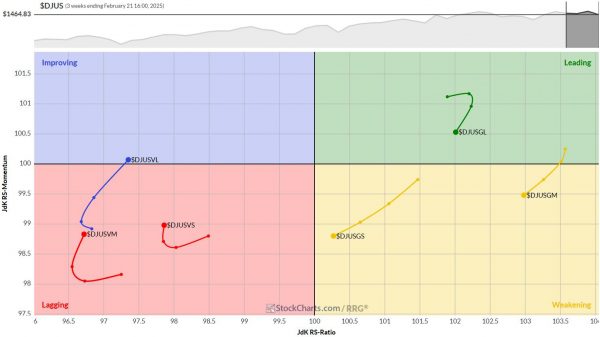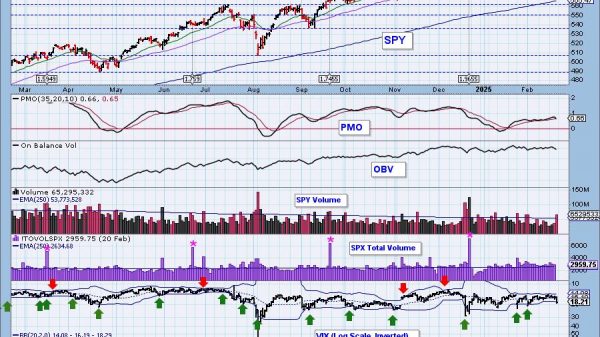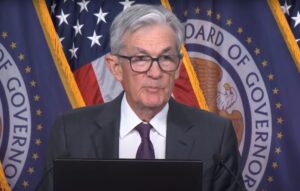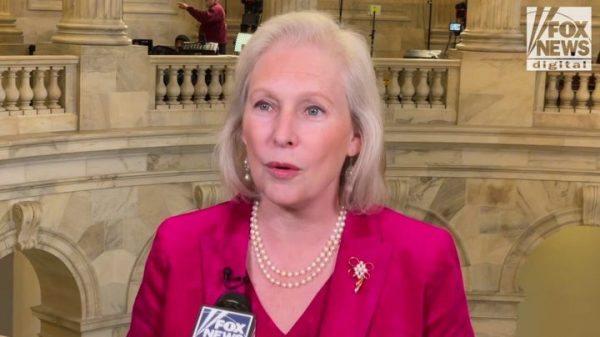
Asia-Pacific markets traded mixed on Friday as investors reacted to Japan’s inflation hitting a two-year high and weighed the potential impact of renewed tariff threats from US President Donald Trump.
While some regional indexes posted gains, concerns over tightening monetary policy in Japan and global economic uncertainty kept sentiment in check.
Japan’s Nikkei 225 slipped 0.43%, while the Topix declined 0.33% after data showed the country’s inflation rate surged to 4% in January, the highest since early 2023.
Core inflation, which excludes fresh food prices, rose to 3.2%, exceeding Reuters’ forecast of 3.1%.
The data fueled expectations of further interest rate hikes by the Bank of Japan (BOJ), leading to a stronger yen.
The currency traded at 150.22 per US dollar, reaching a two-month high amid bets on policy tightening.
Hong Kong’s Hang Seng Index jumped 2.25%, with the Hang Seng Tech Index climbing 3.44%, boosted by a sharp rally in Alibaba shares, which surged 11% after the company posted strong quarterly profits.
China’s CSI 300 index edged up 0.4%, while South Korea’s Kospi dropped 0.42%, and the Kosdaq added 0.43%.
Australia’s S&P/ASX 200 advanced 0.59%, reflecting investor optimism in the region.
Wall Street pulls back from record highs
Overnight, US markets saw a sharp selloff after the S&P 500 hit record highs for two consecutive days.
A disappointing earnings forecast from retail giant Walmart raised concerns about consumer spending and the broader economic outlook, leading to a downturn in major indexes.
- The Dow Jones Industrial Average fell 450.94 points (1.01%) to 44,176.65.
- The S&P 500 lost 0.43%, closing at 6,117.52.
- The Nasdaq Composite declined 0.47%, finishing at 19,962.36.
Investors are now closely watching US economic data and Federal Reserve policy signals to assess the potential trajectory of interest rates.
Morgan Stanley upgrades MSCI China outlook
In a notable shift, Morgan Stanley upgraded its rating on the MSCI China Index to equal weight from underweight, citing improved equity risk premiums.
While the firm remains cautious about China’s macroeconomic outlook, strategist Jonathan Garner highlighted strengthening return-on-equity trends, signaling a better investment environment for Chinese stocks.
Garner emphasized that the upgrade was driven by valuation factors rather than a broader bullish stance on China’s economy, as Morgan Stanley’s economists still anticipate below-consensus nominal GDP growth in 2025.
The post Asia-Pacific markets mixed as Japan inflation data, Trump tariff threats weigh on sentiment appeared first on Invezz

























